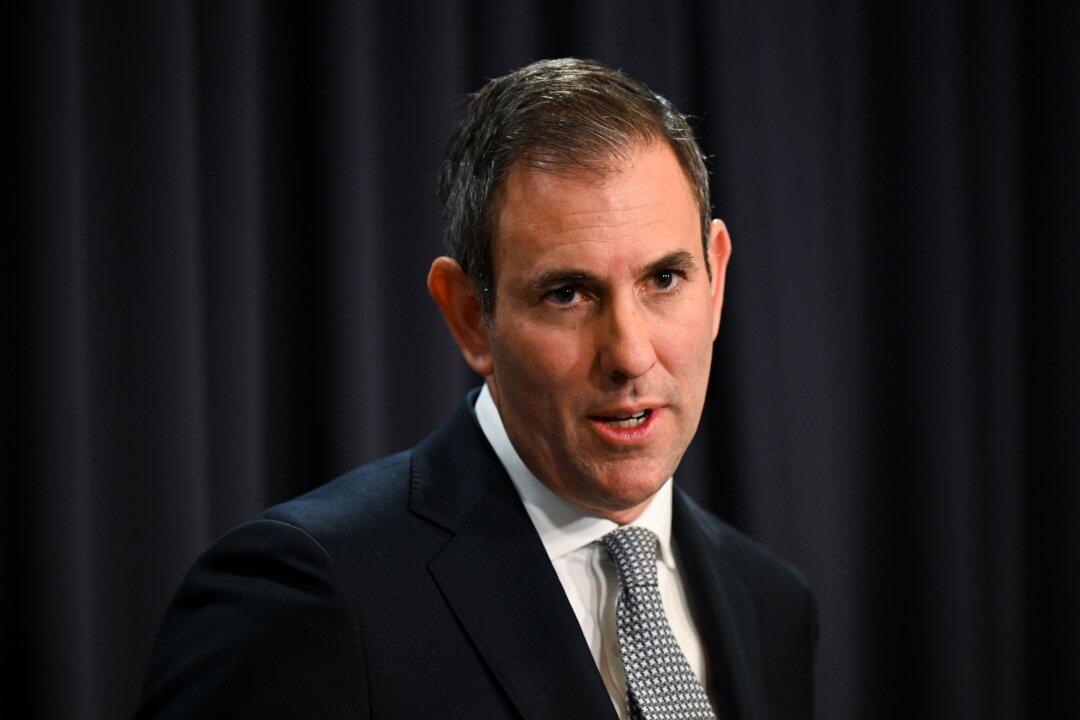Australian Treasurer Jim Chalmers has rejected the crossbench’s offer to support the government’s petroleum resource rent tax (PRRT) reform if they agreed to more than double the tax revenue.
The tax changes, which were announced in the budget, will limit deductible expenses to 90 percent. This is expected to raise $2.4 billion (US$1.61 billion) from offshore LNG (liquified natural gas) companies.





